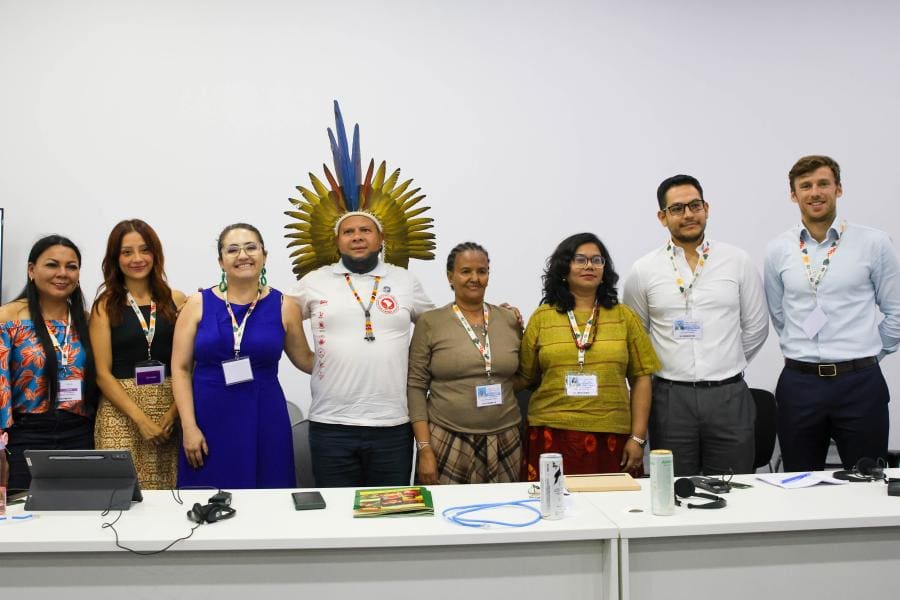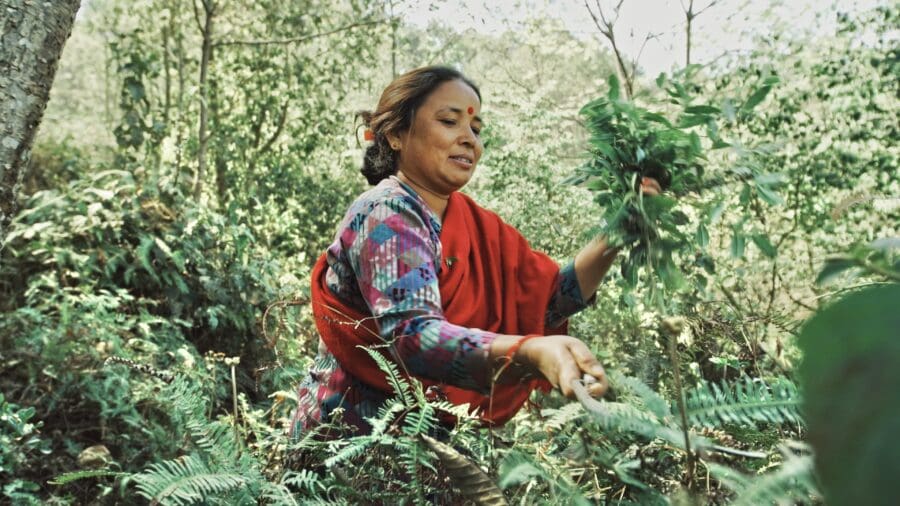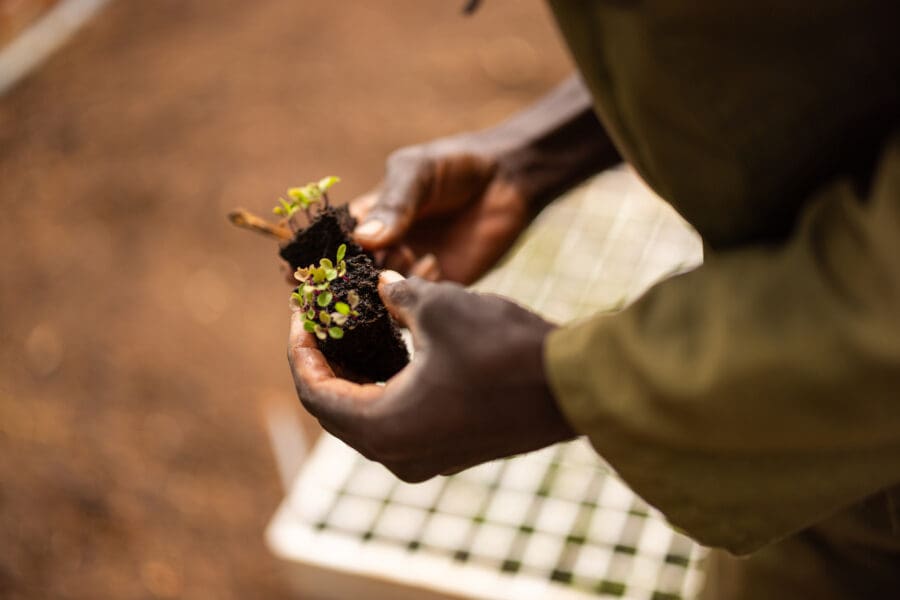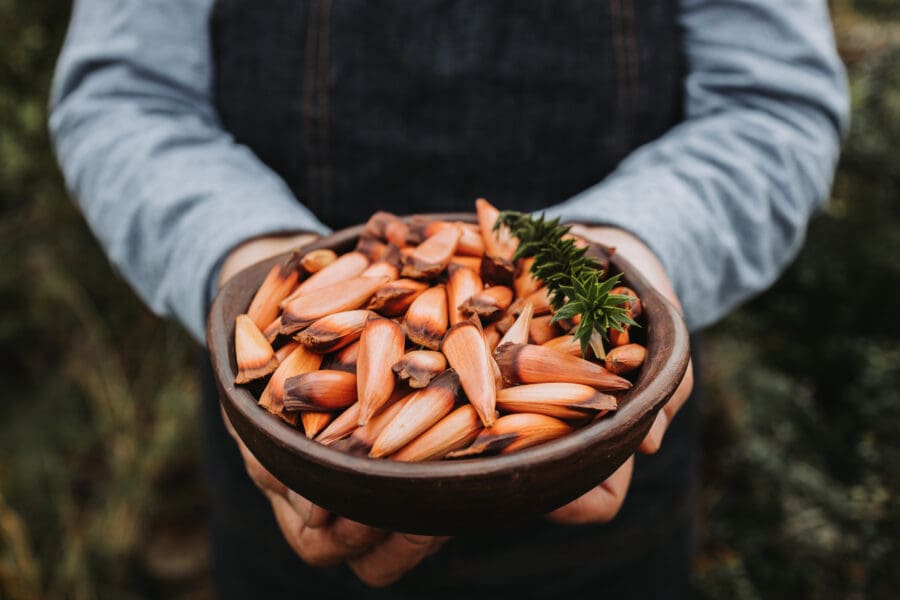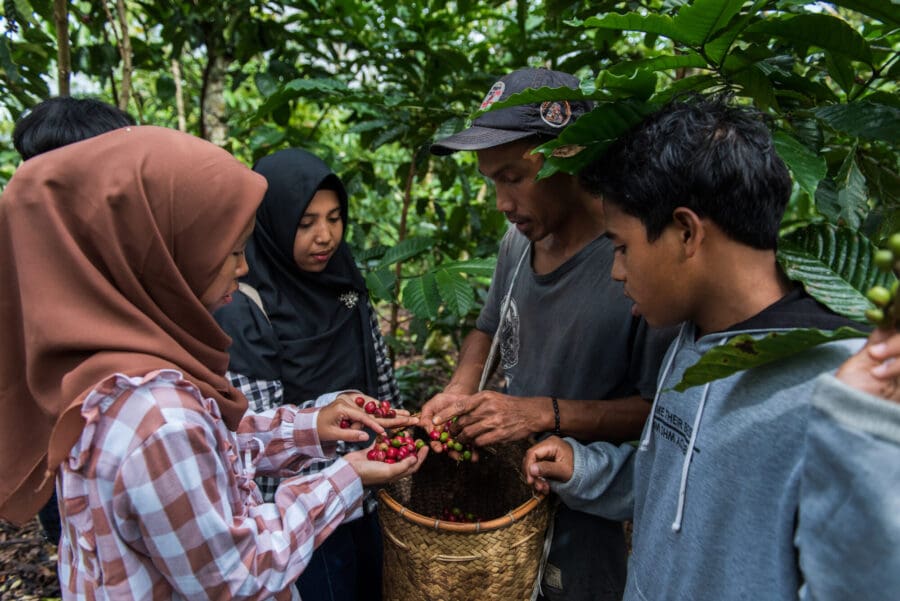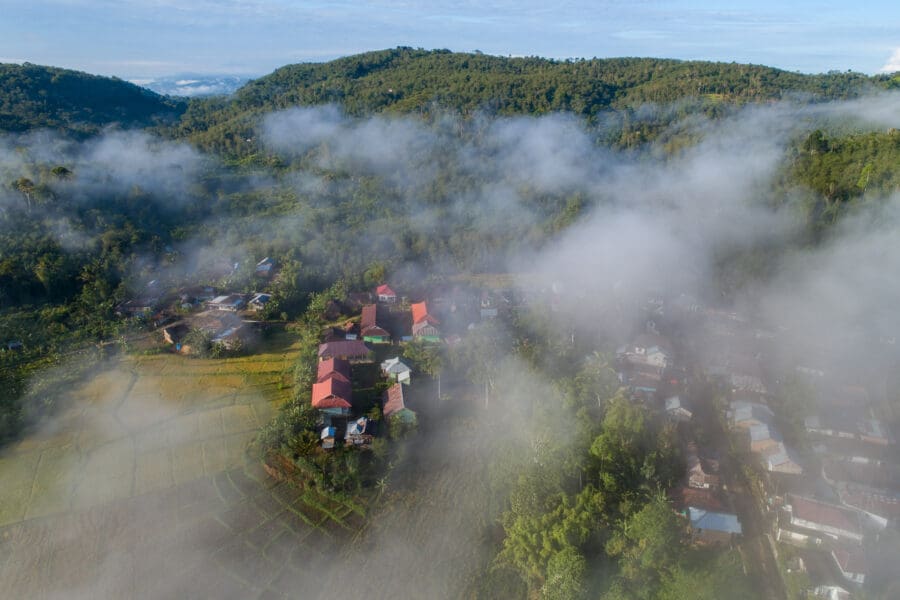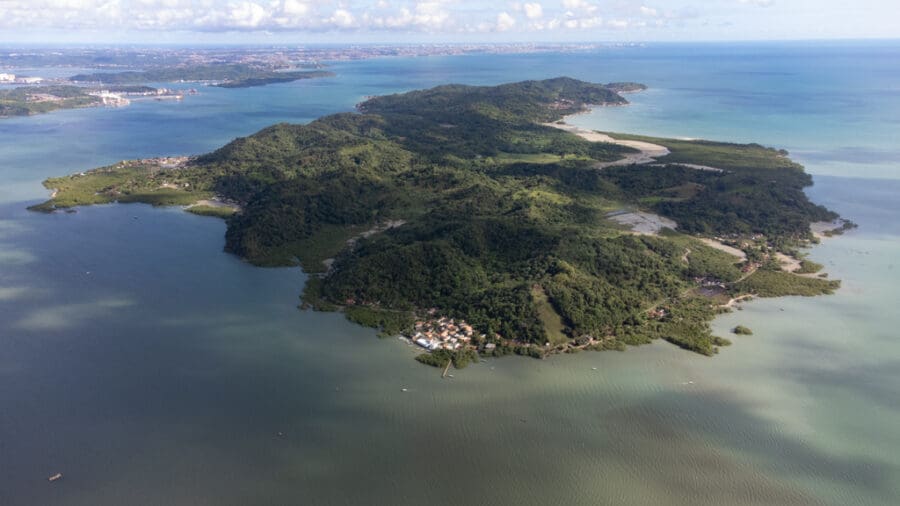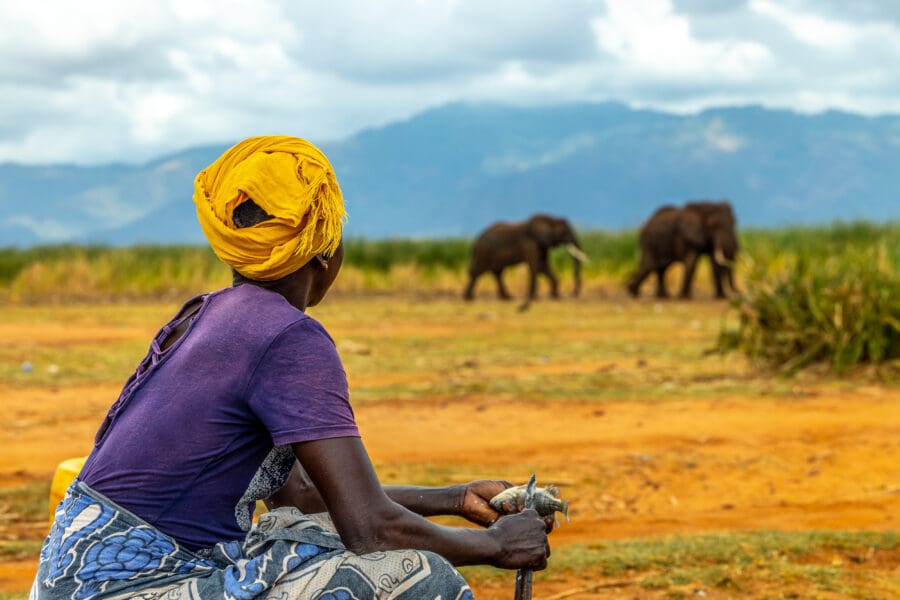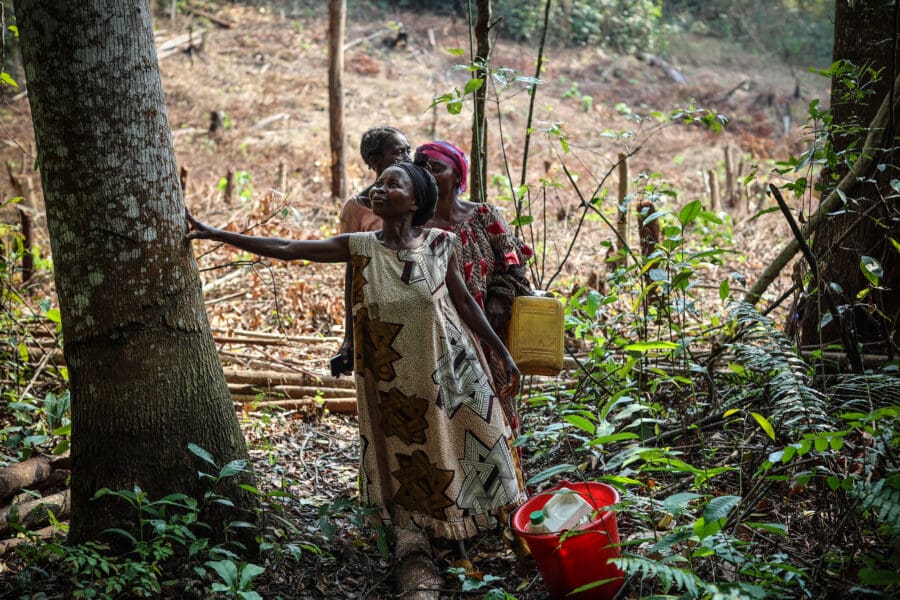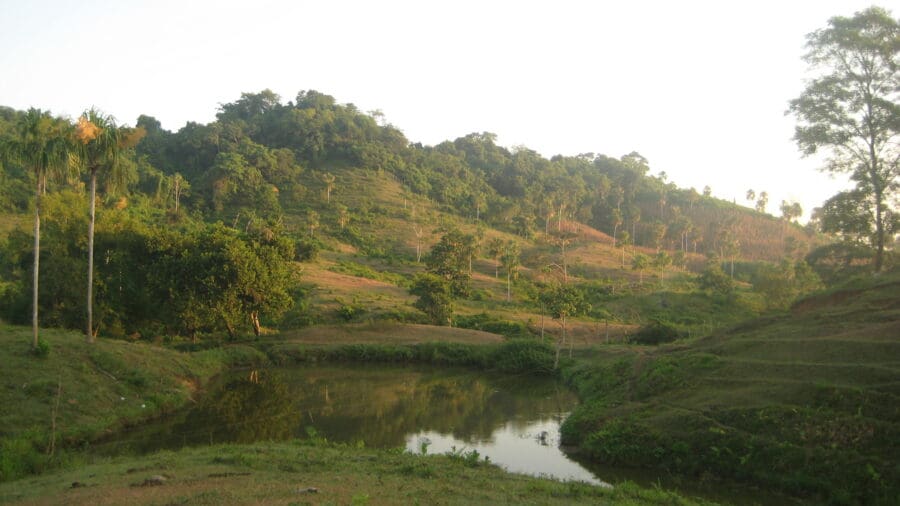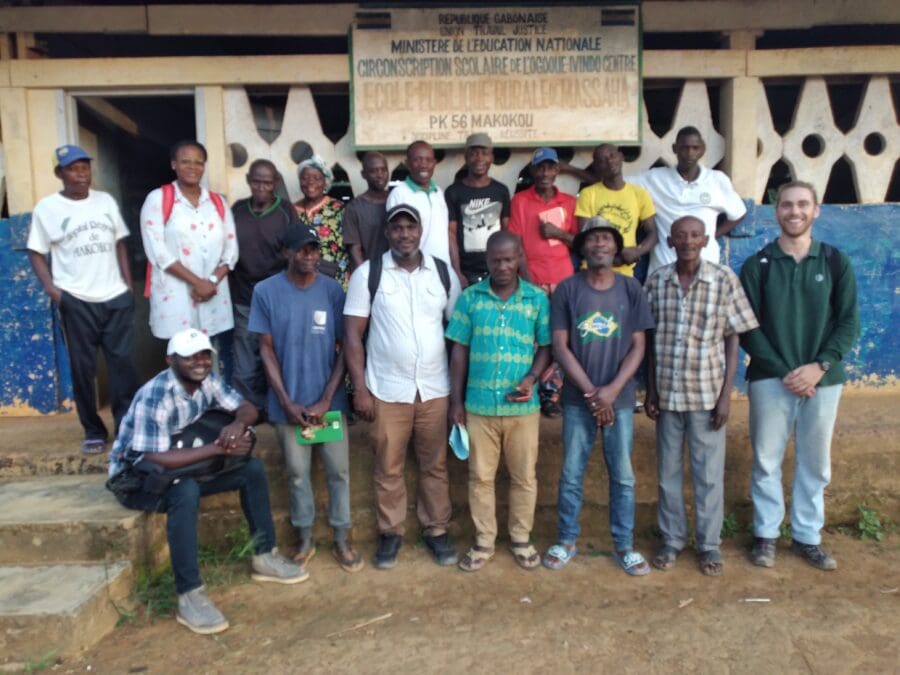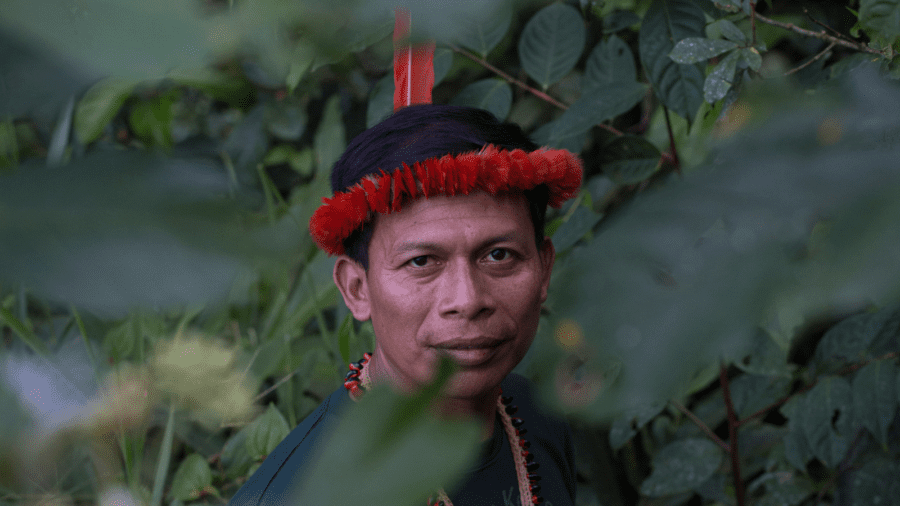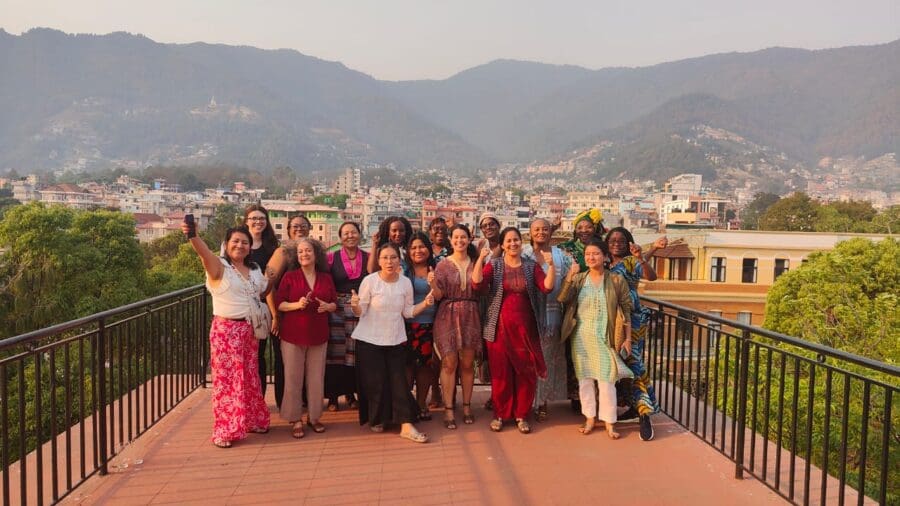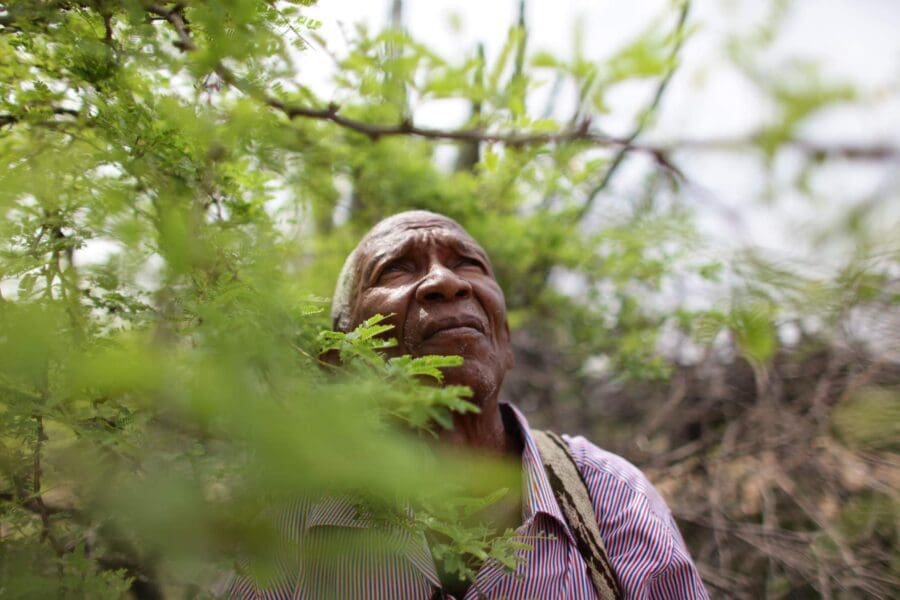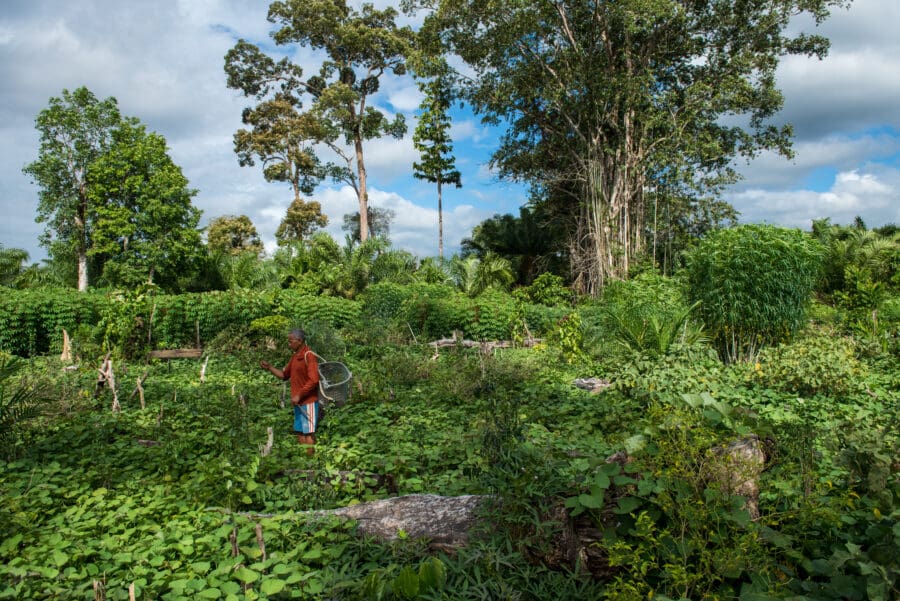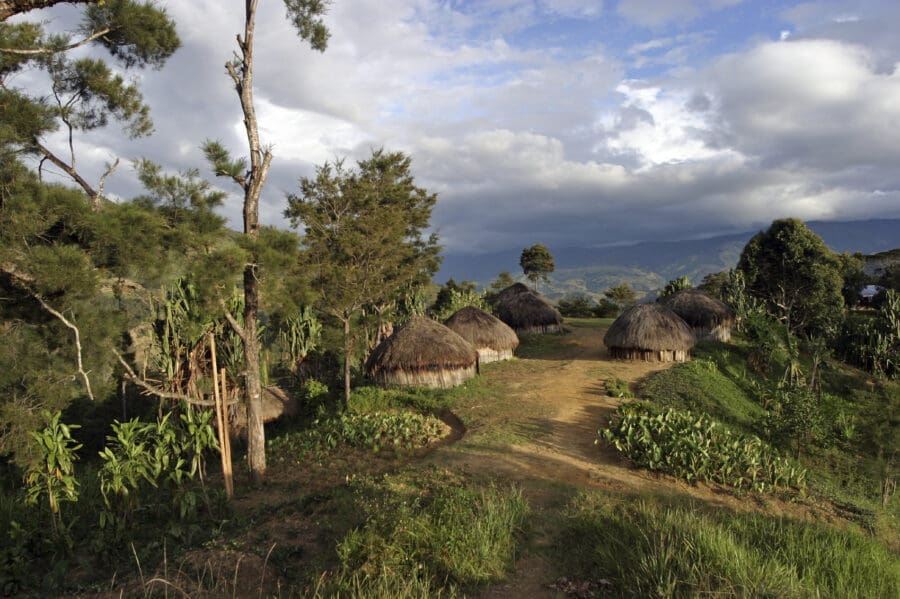Local communities across Latin America, Africa, and Asia made key advances in increasing their effective representation in global climate negotiations and policies at the recently concluded 30th UN Climate Change Conference.
Climate change negotiators meeting in Brazil for COP 30 will face intense pressure to agree on indicators to measure adaptation and a roadmap to quadruple the new collective quantified goal on climate finance.
This statement by the Women in Global South Alliance (WiGSA) extends its congratulations to governments and donors for their renewed commitment to supporting the tenure rights of Indigenous Peoples, Afro-descendant Peoples, and local communities, as announced at COP30 in Brazil on November 6, 2025, and calls on funders to address the global gender funding gap.
As the world moves toward COP30 in Belém, Brazil, countries are in the process of updating their Nationally Determined Contributions (NDCs)—the key national plans that define climate goals, strategies, and financing needs under the Paris Agreement. In this crucial context, RRI released a two-phase study in September and October 2025, analyzing current NDCs of 25 countries across Latin America, Africa, and Asia.
As global leaders prepare to gather in Belém, Brazil, this November for the 30th UN Climate Conference (COP30), the Rights and Resources Initiative (RRI) and its global partners are calling for the summit to serve as a turning point for Indigenous Peoples, Afro-descendant Peoples, and local communities who safeguard the world’s forests and biodiversity.
Novo relatório mostra progresso inconsistente em nível nacional em relação aos direitos de posse de terras para Povos Indígenas, Povos Afrodescendentes e comunidades locais
New report shows inconsistent domestic progress on tenure rights for Indigenous Peoples, Afro-descendant Peoples, and local communities
A new report by RRI, Forest Peoples Programme, and the ICCA Consortium assessing 30 high-biodiversity countries across Africa, Asia, and Latin America finds that while most countries have legal pathways to advance rights-based conservation, in practice, communities’ contributions to national conservation efforts continue to be inadequately recognized or supported.
We declare that there is no solution to the climate crisis without the recognition and protection of our territorial rights. Here, we present our priority demands and urge the Brazilian Presidency of COP30 to present concrete results for the respect, recognition and protection of our territories.
Decades after the world adopted what continues to be the most comprehensive roadmap for women’s rights, RRI’s latest report highlights enduring challenges in securing the rights of Indigenous, Afro-descendant, and local community women.
Building on the State of Funding report published in April 2024, this blog post shares important updates on finance for Indigenous Peoples', Afro-descendant Peoples', and local communities' tenure and forest guardianship and examples of how direct funding is already driving important progress in tropical forests and other key ecosystems.
After decades of being omitted from the UN’s biodiversity convention, Afro-descendant Peoples in Latin America and the Caribbean got great news at the 16th Conference of the Parties to the UN Convention on Biological Diversity (CBD) recently held in Cali, Colombia.
Gabon’s Massaha communities are documenting the rich biodiversity stored in their ancestral territories to demonstrate the transformative power of community-led conservation. Can they help one of the world’s most forested countries conserve 30% of its biodiversity by 2030?
A report aims to influence the localization agenda and improve bilateral policies and practices to ensure that more direct, fit-for-purpose support reaches Indigenous Peoples, local communities, and Afro-descendant Peoples and their supporting organizations to secure tenure rights and conserve key ecosystems and biodiversity.
The Women in Global South Alliance (WiGSA) hosted its second strategic meeting in Kathmandu, Nepal from April 30–May 2, 2024. Armed with a feeling of sisterhood and common purpose, women leaders from 11 countries across Asia, Africa, and Latin America overcame jet lag to meet in person to discuss strategies on how best to support the women and girls they represent.
A declaration released at a press briefing on June 15 highlights significant overlap between lands claimed by Afro-descendant Peoples in Latin America and the Caribbean and biodiversity hotspots; calling for the inclusion of the term Afro-descendants in the Convention on Biological Diversity (CBD) and UN Framework Convention on Climate Change (UNFCCC).
After a five-year hiatus, the World Bank held its Land Conference on May 13–17 in Washington, D.C., bringing together over 1,000 practitioners, donors, advocates, civil society representatives, and government officials. The takeaway was clear: The case for land tenure security as a prerequisite for climate, development, and biodiversity goals has now firmly been made, but many of the same challenges persist in advancing rights-based agendas.
The recent release of the Second Edition of Who Owns the World’s Land? offers an important moment to take stock of the global state of Indigenous, Afro-descendant, and local community land rights recognition. The data in the report covers 73 countries, which cumulatively comprise 85% of the world's land area, and gives a comprehensive snapshot of the global landscape for community land rights at a critical moment for people and the planet. Here are five of the biggest takeaways from the report.
From September 12–14, 2023, the African Land Institutions Network for Community Rights (ALIN) will hold its 4th regional conference in Arusha, Tanzania. Land institutions from over a dozen countries will share lived experiences, opportunities, and challenges to further the community land rights agenda in Africa, with Indigenous and local community women, youth, and pastoralists taking center stage.
According to a new report by RRI, existing national laws have the potential to recognize Indigenous Peoples’, Afro-descendant Peoples’, and local communities’ rights to own or control more than 260 million hectares (Mha) of land across the world—an area twice the size of Peru.
The increased interest in carbon markets comes with a number of risks. Many forest carbon offsetting schemes are located in lands historically claimed, inhabited, and used by Indigenous Peoples and local communities but oftentimes the rights of these communities have not been secured, putting their well-being at risk — and threatening the future of carbon markets.
Recognizing secure tenure rights for local communities and Indigenous Peoples is one of the key drivers of social peace and sustainable economic development. Addressing the common need for a platform to continue sharing experiences and knowledge, we helped establish the African Land Institutions Network for Community Rights (ALIN). To assess progress since meeting in Antananarivo, Madagascar in 2019, the 3rd ALIN Conference will be held in a hybrid format in Lomé, Togo and online from October 12-14, 2021.
A new operational guide is set to help Indigenous and local communities sustainably manage their forest concessions in the Democratic Republic of the Congo (DRC).
Em nome da Coalizão Rights and Resources Initiative (RRI), uma rede internacional de Povos Indígenas, Quilombolas, organizações comunitárias locais e seus aliados, estou escrevendo para informá-lo de nosso profundo desalento com o recém-lançado Relatório Planeta Vivo 2020.


